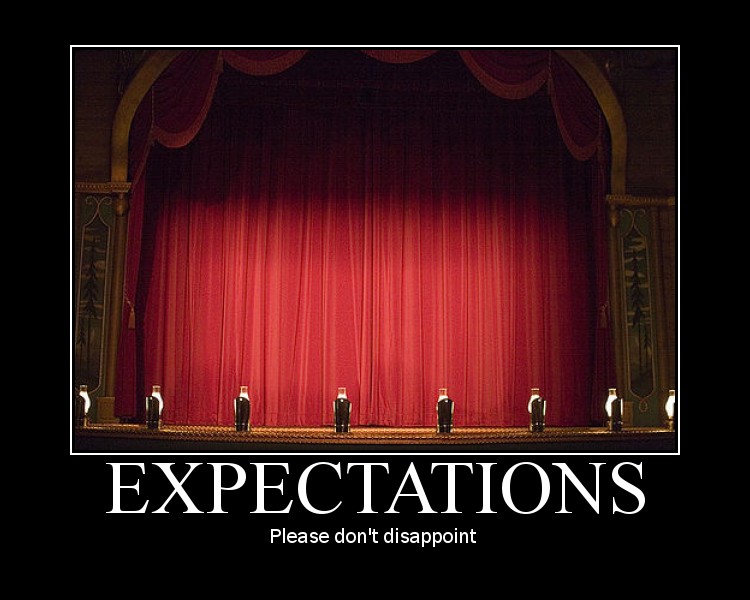Is the same as building a brand.
When you go (un)prepared to a class, you are setting the expectation that even the basics ought to be covered and that there will be little conversation (as opposed to a monologue) in the class. Eventually, the teacher comes to class with this expectation.
When you turn up to and leave office at pre-defined hours, you are setting the expectation that you have more important things to do outside of work and that you have a clear demarcation of work-life and outside-of-work-life whose intersection is actively prevented by you. Eventually, your boss and colleagues will learn to expect this behaviour from you and it will reflect in your promotions and appraisals.
It is the same with how often you visit your parents, how often you go out with your significant other, how much time you spend with your kids, how dedicated you are to your hobbies, and everything else. Your behaviour sets expectations. This expectation defines how those around you will treat you and engage with you. No matter what you say or claim, eventually, it is your actions and behaviour that define what is to be expected from you.
You can charm people with your words and get projects, get assignments, get a job or get a date. But pretty soon, those engaging with you will be able to see through the words.
It is the same when it comes to brands. It is easy to gather users through tall claims and over-the-top sales and marketing efforts. But after the first sale, it is the product behaviour that will set expectations and not the claims made by the brand.
It is essential to be charming to entice customers into initiating that first sale. But it is even more essential to have the character to live up to the expectations set. For this to happen, the product must be remarkable.





CONVERSATION